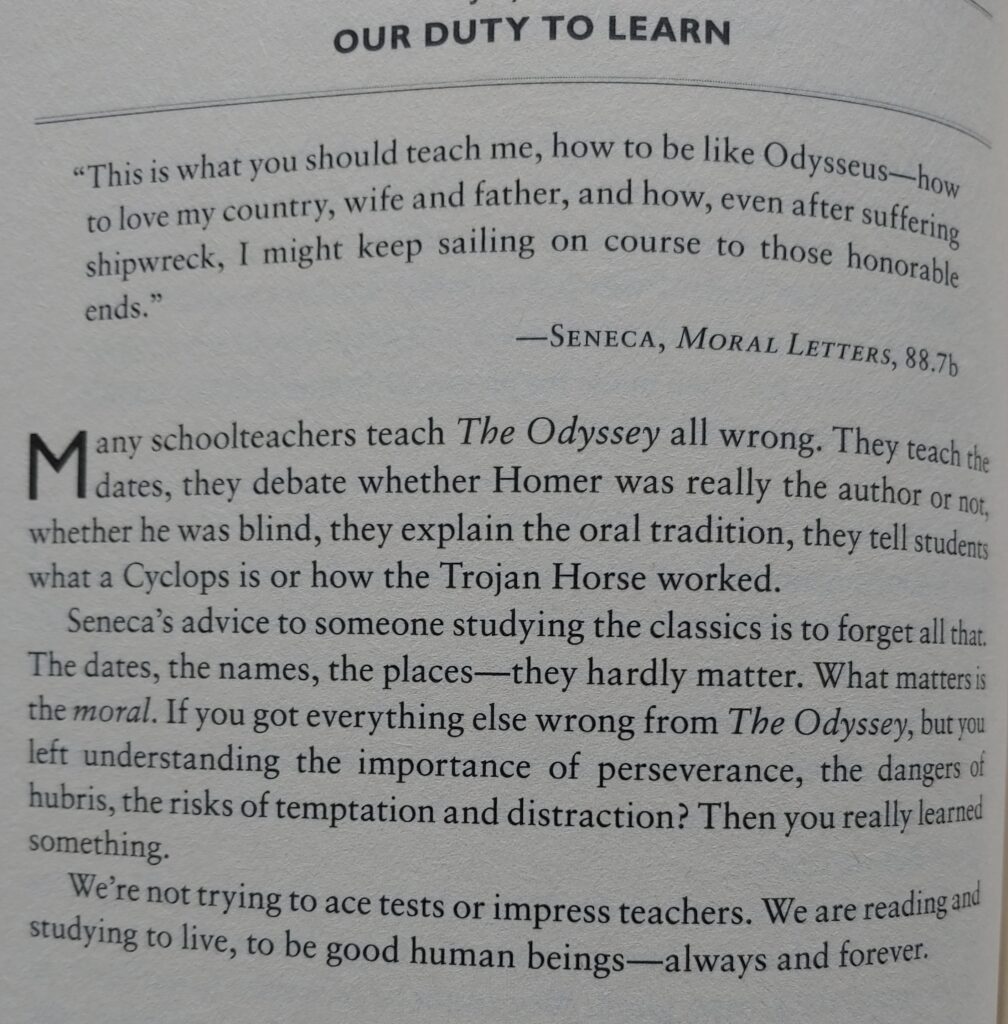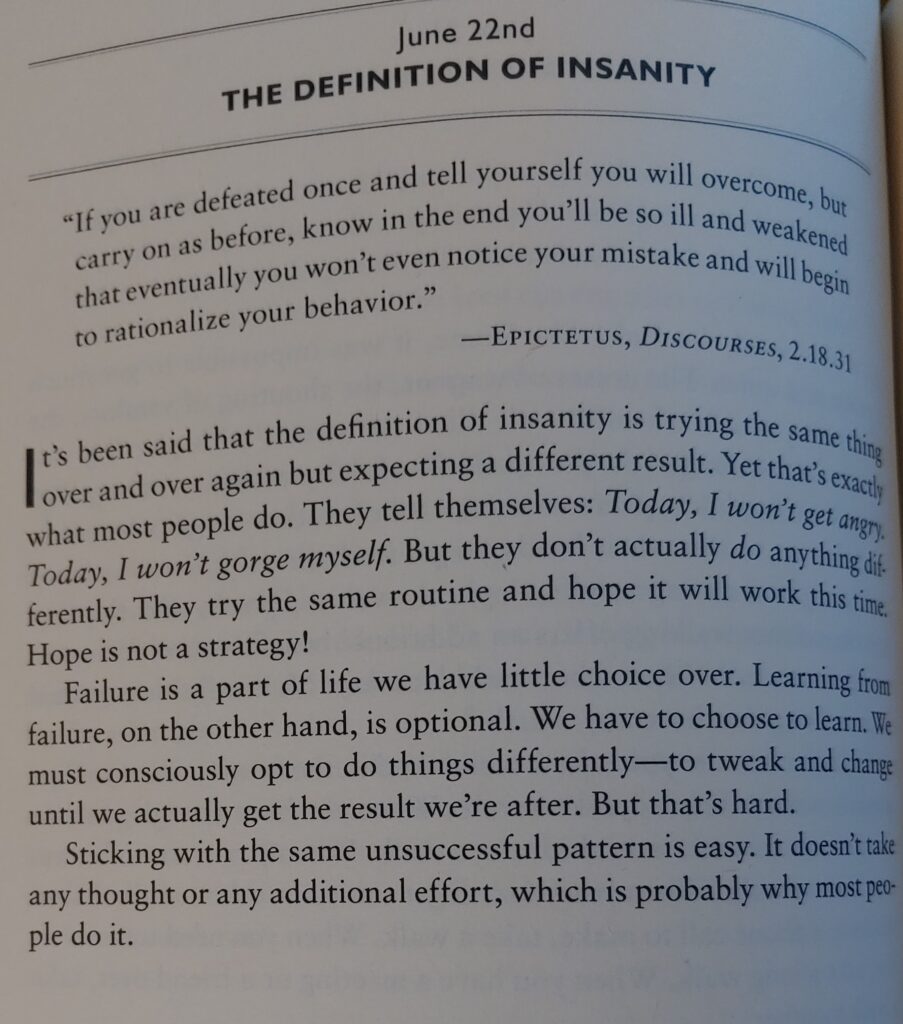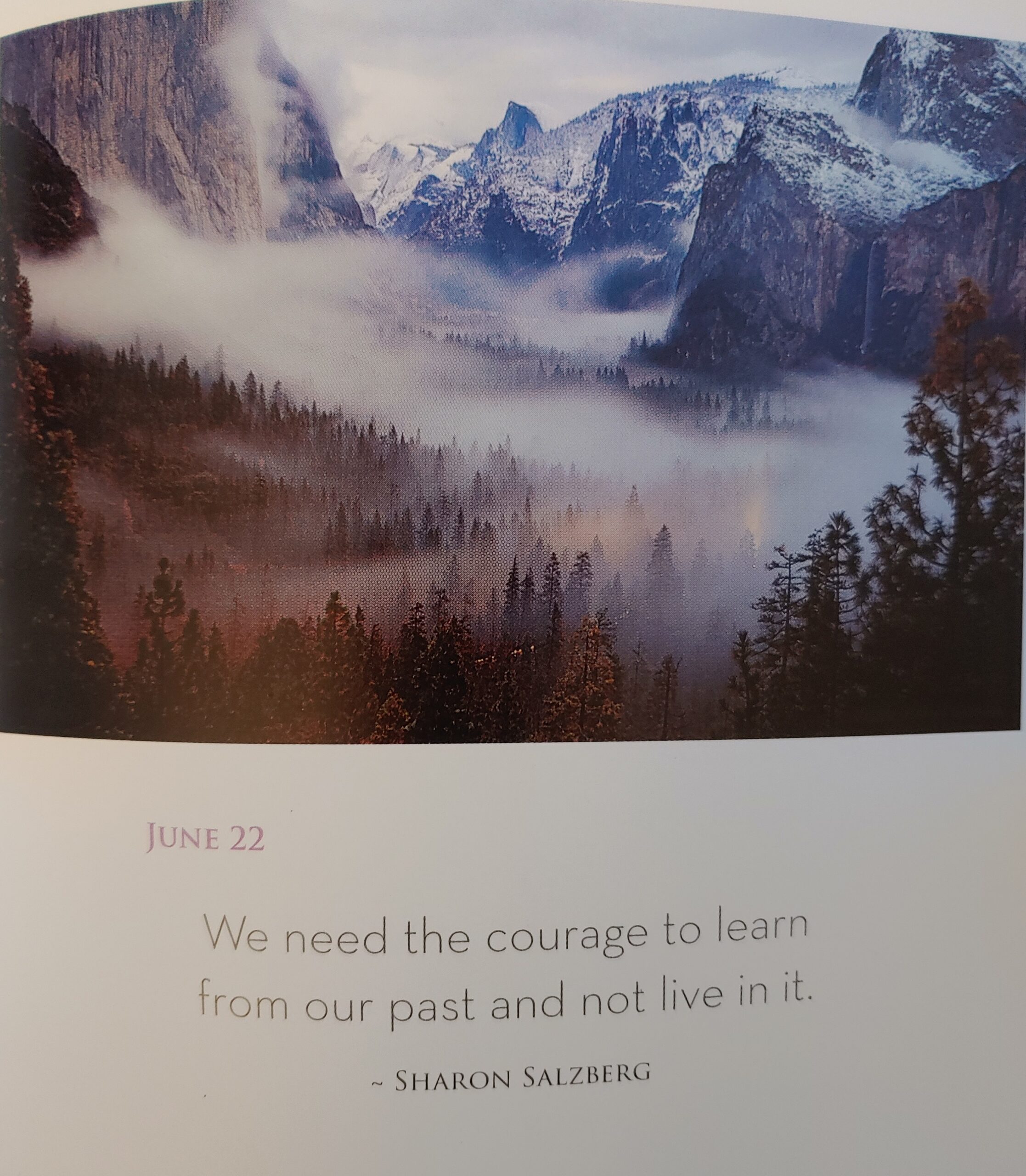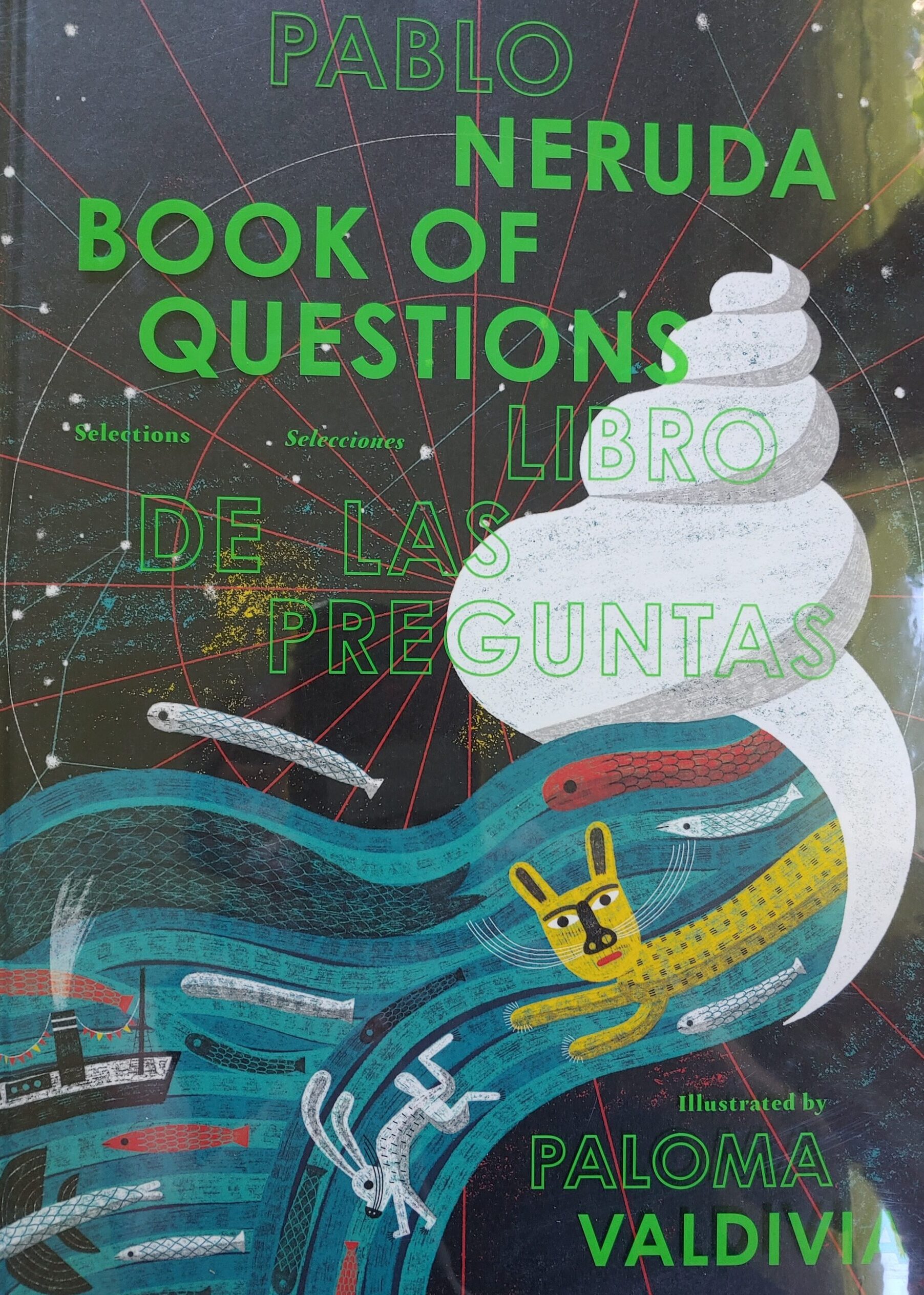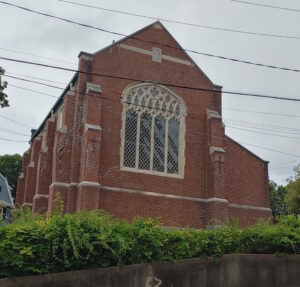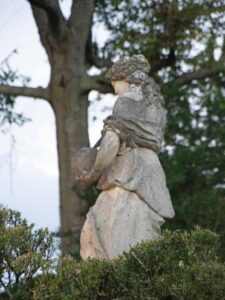Philosophy is spiritual formation, care of the soul. Some need more care than others, just as some have a better metabolism or were born taller than others. The more forgiving and tolerant you can be of others – the more aware of your various privileges and advantages – the more helpful and patient you will be. Ryan Holiday and Stephen Hanselman
[The Daily Stoic, New York: Portfolio/Penguin, 2016, p. 225]
When I worked in catering, I memorized various ways to set up tables in a space because it wasn’t something I could do with ease. Eventually, I got proficient at setting up a room without memorization – but it took years and a lot of practice, and patient coworkers willing to show me how.
When my patience is tested due to someone else’s inability in something that comes easily to me, I do my best to remember the patience of others – and to remember that it isn’t just a set of skills or a completed task at stake: it’s the care of souls.

